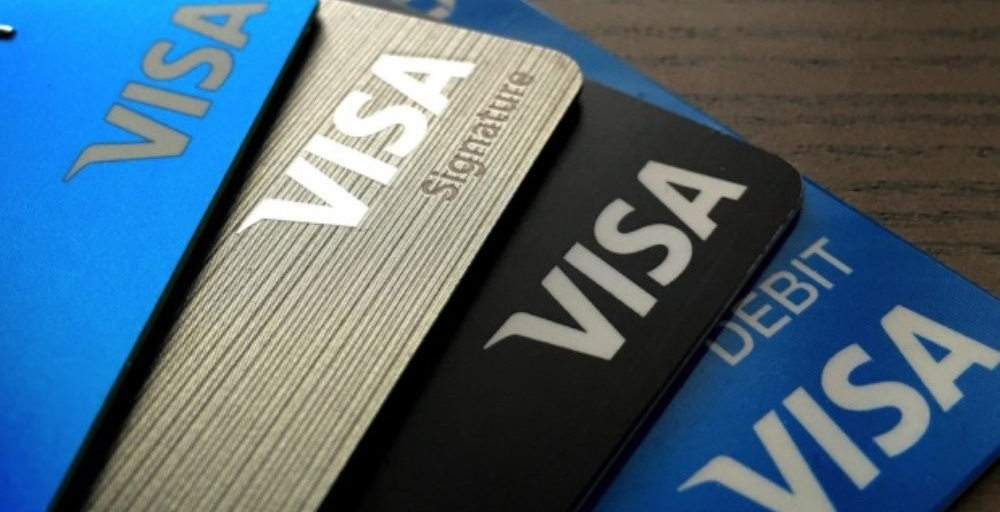
Visa will in October raise its “interchange fees” — a levy it charges on behalf of banks for every debit or credit card payment that uses its network — on cross-border transactions between the UK and EU, according to The Financial Times.
The payment processor also plans to increase so-called scheme fees on UK-EU transactions, as well as charge more for domestic payments using British company credit cards.
From October, Visa will charge 1.5 per cent of the transaction value for credit card payments made online or over the phone between the UK and EU, and 1.15 per cent for debit card transactions, up from 0.3 per cent and 0.2 per cent respectively.
The separate plan to increase scheme fees — which Visa charges businesses using its network for processing payments — will apply to transactions between the UK and the EU and take effect from July 2022.
Visa does not publicly disclose precise levels of scheme fees, which it retains, but said they would remain “the smallest part” of the total amount of charges that businesses pay for card transactions.
Meanwhile, the rise in so-called commercial interchange fees — which include corporate credit cards — will come into force in April 2022.
Banking 4.0 – „how was the experience for you”
„To be honest I think that Sinaia, your conference, is much better then Davos.”
Many more interesting quotes in the video below: